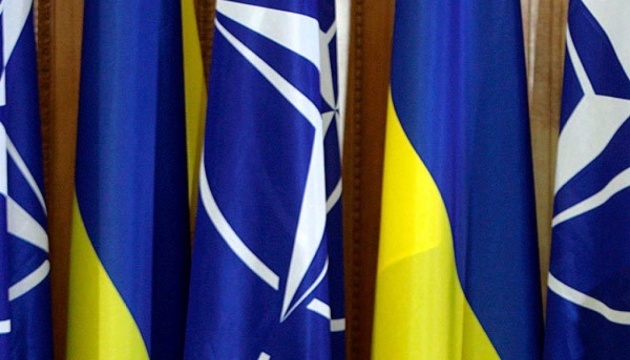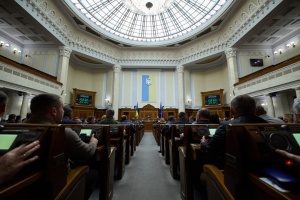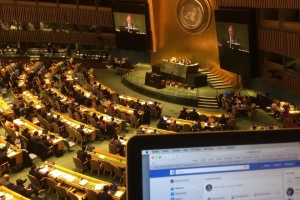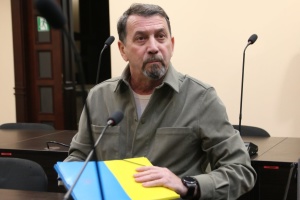
NATO expands scientific cooperation with Ukraine
The NATO Science for Peace and Security (SPS) Programme provides the Ukrainian scientific community with a platform to work side-by-side with NATO Allies and partner countries on security-related issues, according to a press release on the NATO website.
Ukraine is currently leading 27 ongoing activities, one of which is a key flagship project in the field of counter-terrorism called DEXTER (Detection of Explosives and Firearms to Counter Terrorism). It aims to develop an integrated system to detect explosives and firearms in public places, remotely and in real time, without disrupting the flow of passengers.
“This project will contribute to NATO’s enhanced role in the international fight against terrorism,” said Dr Deniz Yüksel-Beten, senior SPS and partnerships cooperation advisor at NATO.
The SPS Programme also opens doors for Ukrainian experts – especially young scientists and researchers.
In particular, in the field of security-related advanced technology, Ukrainian experts have collaborated with peers from the United Kingdom and the United States to increase the robustness of ground and air vehicles, as well as their performance, operational agility in severe terrain and resilience to failures.
This year, the SPS Programme has approved 13 new activities with Ukraine. These focus on the protection of soldiers and civilians from chemical, biological, radiological and nuclear contamination; using advanced technology to strengthen civilian population resilience, and national medical and emergency-response systems; and developing tools to protect military personnel from biological and explosive threats, while enhancing their energy efficiency.
Through these new activities, Ukrainian co-directors will work together with experts from Estonia, France, Germany, Greece, Italy, Poland, the United Kingdom and other partner countries including Belarus, Jordan and Sweden.
As reported, on June 12, the North Atlantic Council recognized Ukraine as an Enhanced Opportunities Partner. This status is part of NATO’s Partnership Interoperability Initiative, which aims to maintain and deepen cooperation between Allies and partners that have made significant contributions to NATO-led operations and missions.
ish




